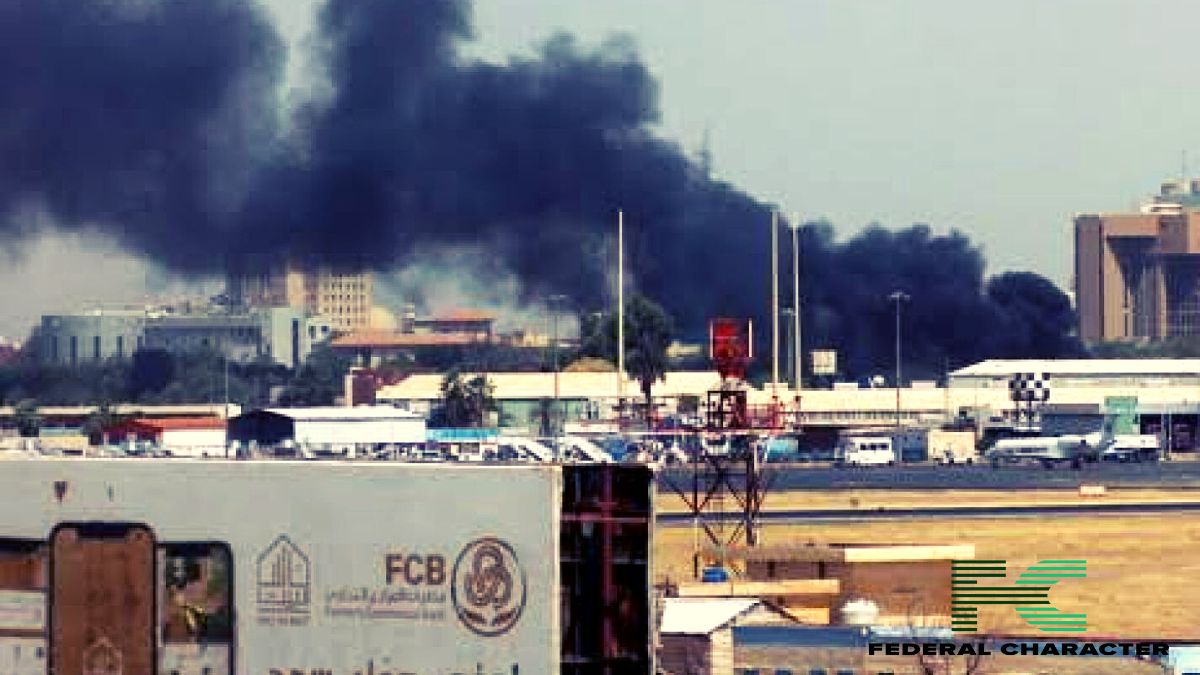In the face of mounting tensions and conflict, an age-old African proverb urges restraint: “Don’t beat the drums of war unless you’re ready to fight.” Yet, history shows that this wisdom is often ignored, much like the recent situation in Sudan. The consequences of such impulsive actions are dire and widespread – a truth made evident in the ongoing strife that engulfs Port Sudan, a city under military control.
The city of Port Sudan, under military control, has evolved into a sanctuary from the raging conflict. Nevertheless, the city’s healthcare infrastructure teeters on the verge of collapse, grappling with persistent power outages, scarce resources, and now, a shortage of medical personnel due to doctors striking for their unpaid wages.
Frontline healthcare workers voice their exhaustion and distress, highlighting the dire circumstances they confront. The root of the financial crisis plaguing the health system can be traced to the Sudanese government’s budget depletion, triggered by confrontations between the army and the paramilitary Rapid Support Forces (RSF).
This wave of conflict commenced in April, four years subsequent to the ousting of former President Omar al-Bashir amid a popular uprising. Tensions flared between the army and RSF, who previously united for a coup in 2021. The fissure emerged from disagreements concerning a transition towards civilian rule.
Disturbingly, over 100,000 people have sought refuge in Port Sudan, exacerbating the already strained healthcare facilities and shelters within the city. As the clashes primarily concentrate in Khartoum and the western region, the United Nations has identified a “humanitarian emergency of epic proportions,” characterized by the upsurge of diseases like malaria, measles, and dengue fever.
For years, Sudan’s hospitals have suffered from underfunding, frequently experiencing medical staff strikes. The ongoing war, compounded by damage to hospitals located in conflict zones, has further debilitated the already fragile healthcare system. Medical professionals in Port Sudan grapple with a trifecta of challenges: power shortages, intense humidity, and medication scarcities, all while treating patients who often have respiratory ailments.
Diplomatic endeavors have failed to quell the conflict as both sides tenaciously cling to their belief in ultimate victory. While the RSF claims dominance over Khartoum and its surroundings, the army has leveraged its aerial might to dislodge paramilitary forces from strategic positions. Nonetheless, neither faction has managed a decisive edge. Civilians bear the brunt, suffering casualties and an alarming displacement tally exceeding 4.5 million, as reported by the United Nations.
Sudan’s plight has regional ramifications, as highlighted by the UN’s top humanitarian official. Expressing grave concern, the official warns of a looming “humanitarian catastrophe” that could engulf the entire region if the conflict persists.
As the proverbial wisdom of Africa cautions, true strength lies not in reckless combat but in the mastery of one’s own anger. Yet, the tragic irony is that, despite these sage sayings, the continent often finds itself locked in strife. It’s a stark reminder that even in the presence of profound proverbs, listening to such wisdom proves challenging.














